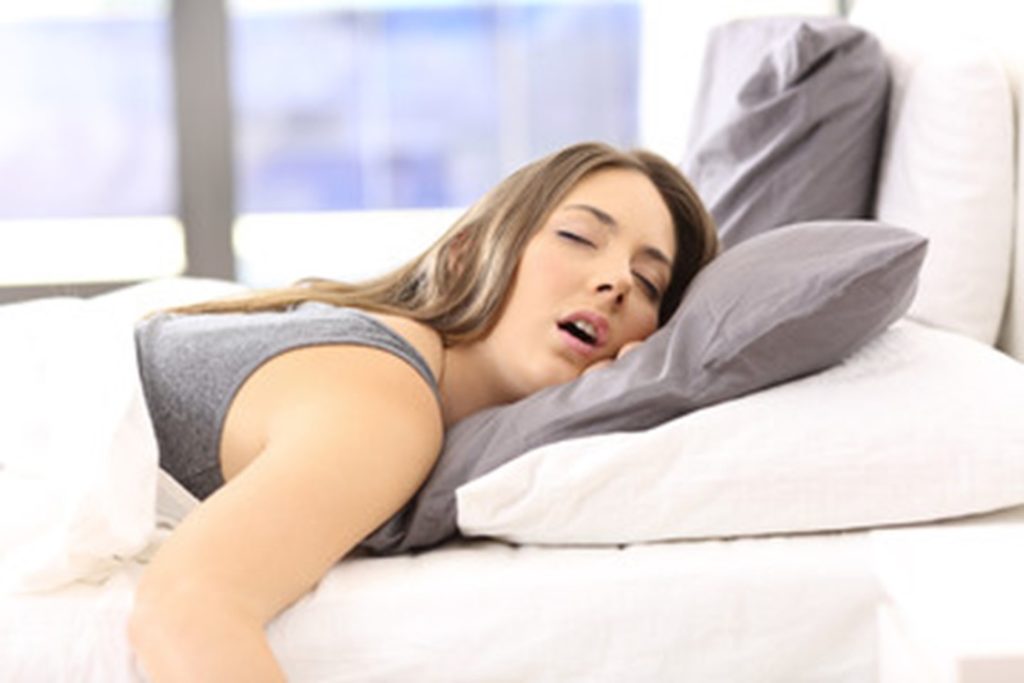Do you frequently wake up to discover a damp area on your pillow where your mouth used to be? Have you experienced waking up with uncomfortable or dry lips, particularly at the edges? These signs could strongly suggest that you’ve been drooling during your sleep. While this might come across as a minor concern, it could potentially be linked to a more significant issue, like sleep apnea. Keep reading to understand the relationship between these two circumstances and to explore potential remedies.
What Causes You to Drool?
For the most part, drooling is innocuous and shouldn’t be a cause for concern. It usually occurs when you generate an excess of saliva during sleep or it flows out easily from your mouth (such as when you’re lying face down).
Increased drooling is also more probable if you’re contending with nasal congestion or gastroesophageal reflux disease (GERD). Additionally, certain medications can prompt an increase in saliva production as a side effect. If this situation arises occasionally or you are certain about its origin, there’s likely no need for alarm. Nevertheless, there remains a potential that your experience could be related to sleep apnea.
The Connection Between Drooling & Sleep Apnea
Sleep apnea refers to the occurrence of recurring breathing interruptions while asleep. These pauses transpire when the tissues in the throat obstruct the airflow. Frequently, individuals dealing with sleep apnea encounter difficulties in breathing through their noses, leading them to sleep with their mouths agape. Consequently, this situation facilitates the leakage of saliva. To determine if your drooling is linked to sleep apnea, keep an eye out for the following additional symptoms:
- Feeling exhausted despite getting seven to eight hours of sleep
- Having to urinate often throughout the night
- Snoring loudly and frequently
- Difficulty concentrating
- Mood swings
How to Stop Drooling & Treat Sleep Apnea
If you have concerns about the possibility of having sleep apnea, it’s advisable to arrange an appointment sooner rather than later. Allowing this condition to go unaddressed can have adverse effects on both your sleep patterns and your overall well-being. Consulting your dentist will enable them to conduct a comprehensive assessment and discuss potential courses of treatment.
An option available is an oral sleep appliance, a compact mouthguard designed to reposition your lower jaw, thereby enhancing your breathing during sleep. Given that this device is unfamiliar within your mouth, you might experience heightened drooling temporarily.
As you become accustomed to it, your salivation will likely reduce, leading to improved sleep quality. In the event that excessive drooling persists, it’s recommended to seek guidance from your dentist.
About the Practice
Not being able to get quality sleep is hard, but you’ve come to the right place. The team at Go To Sleep Center for CPAP Alternatives provides a long list of high-quality services, including oral sleep appliances as alternatives to sleep apnea. With their assistance, you will soon be sleeping soundly! If you’d like to schedule a consultation with Go To Sleep Center for CPAP Alternatives or want to learn more about sleep apnea treatments, visit their website for the contact information for their three offices.

